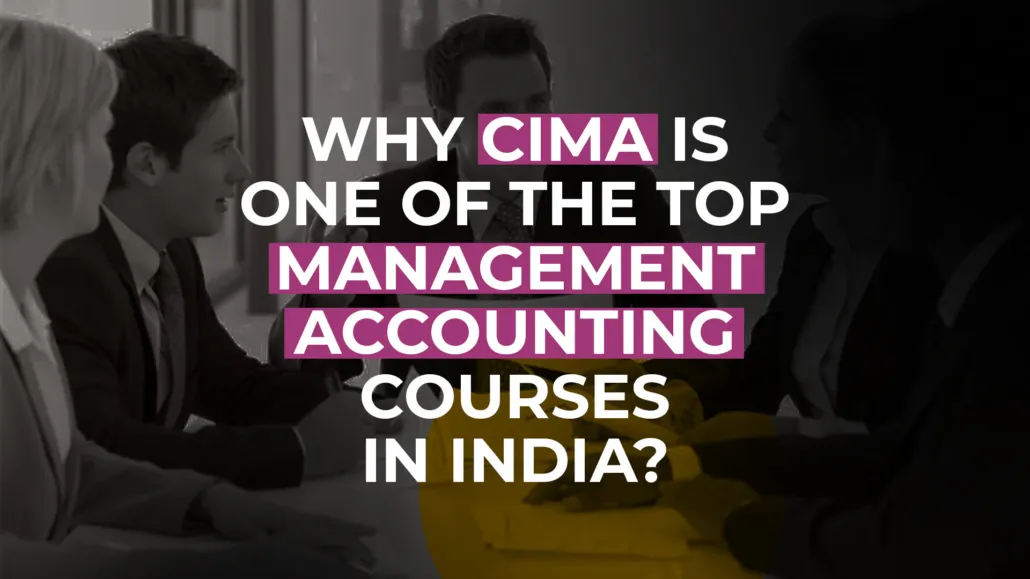In the last couple of decades, technology has played a huge role in changing the business ecosystem. The use of computers and information management systems has made the processes faster and more accurate. This has led to changes in expectations from various professionals across the organizations. For instance, traditionally the accounting and the finance department was involved in maintaining the books of accounts and reporting it to the external stakeholder on a quarterly or yearly basis. With the advent in technology and information systems, a large number of information which could not be captured earlier is now being done easily and in real time. Further the time required for the traditional routine work has reduced drastically. This has led to a shifting in the focus of the roles in the accounts and financial profiles; they are now being involved in day-to-day decision making process thus making the Management Accounting more relevant than ever before.
Know more about IMS Proschool’s CIMA Course
Management accounting is the process of preparing reports and accounts which help in everyday decision making. The management accounting reports differ from the traditional financial accounting reports in two major aspects:
• The frequency: Financial accounting reporting is performed on a quarterly or annual basis, while the management accounting
reports are more frequent like daily, weekly or monthly
• Target Audience: Financial accounting reports are prepared for the external stakeholders while management accounting
reports are consumed internally by managers.
Management Accounting reports generally show the orders in hand, sales revenue, available cash, accounts receivable, raw material and inventory, accounts payable and outstanding debts. These reports further include variance analysis, and other statistics which will help managers in the decision making process.
The scope of Management accounting is beyond the numbers or the charts. It involves
• Identifying key performance metrics for all the departments,
• Collecting the data on current performance,
• Comparing and reporting the current performance vis-a-vis expected,
• Analyzing the reasons for deviations and
• Suggesting corrective measures.
Compared to a traditional financial accountant, a management accountant:
• Plays a more active role in the day to day decision making process.
• Needs to acquire an in-depth knowledge of the various departments in the organization.
Need More guidance on Management Accounting?
Hence, apart from accounting knowledge he/she also needs to know about the various tools and techniques used for performance measurement and decision making. He/she further needs to understand the overall management process such as people management and leadership.
While we have a number of institutions that provide specializations in one or two of the above aspects, there is a lack of institutions combining all the aspects. For instance a Chartered Accountant course does not cover much about the overall management process, while an MBA program is deficient in the accounting aspect. However CIMA professional qualification is a course which covers all the above aspects. Chartered Institute of Management Accountant (CIMA) is the world’s largest body of management accountants with 218,000 members and students across 196 countries.









Leave A Comment